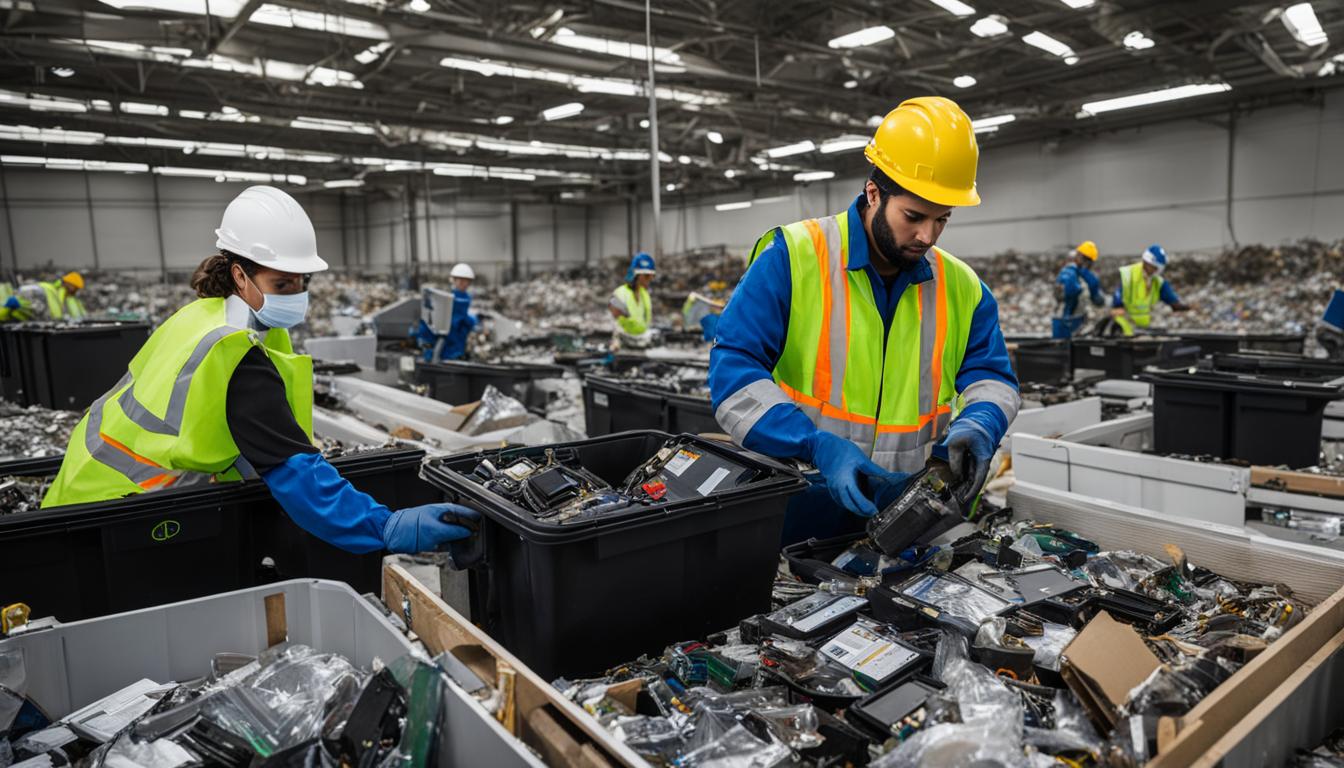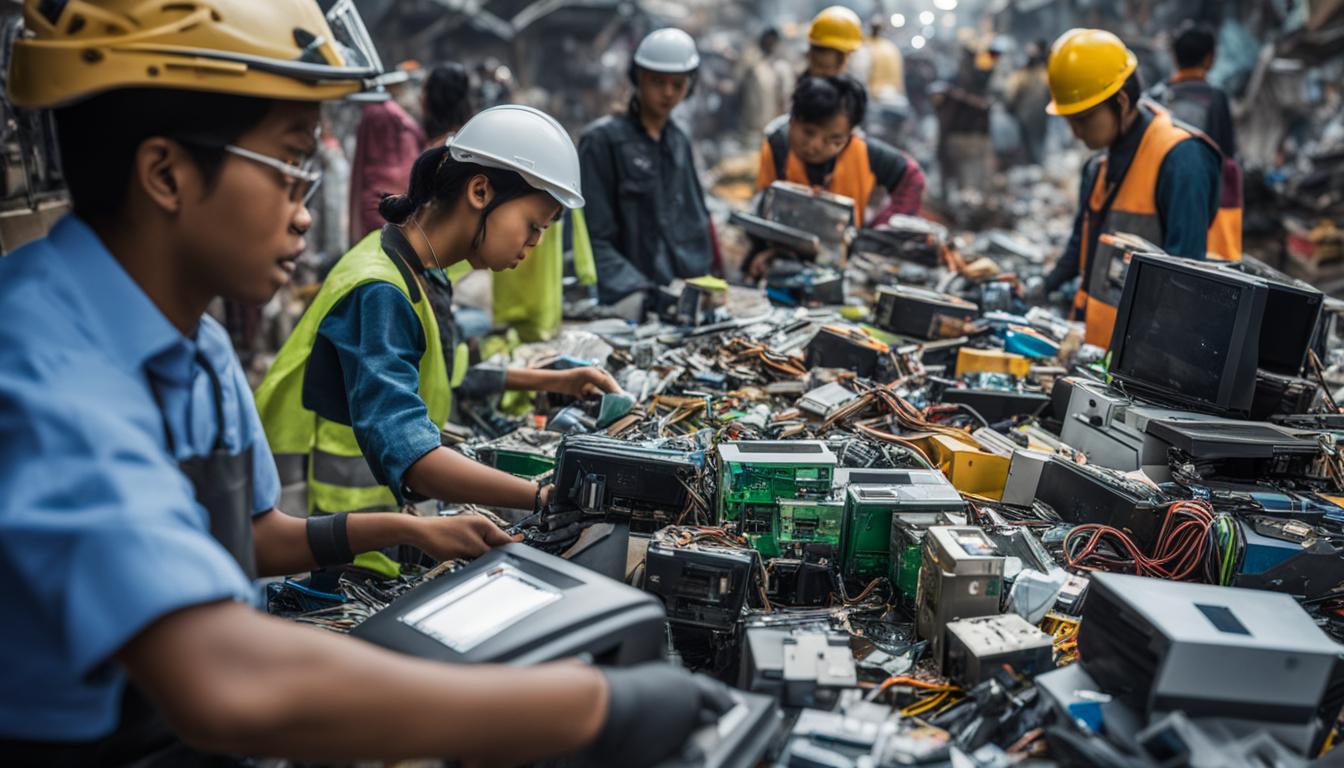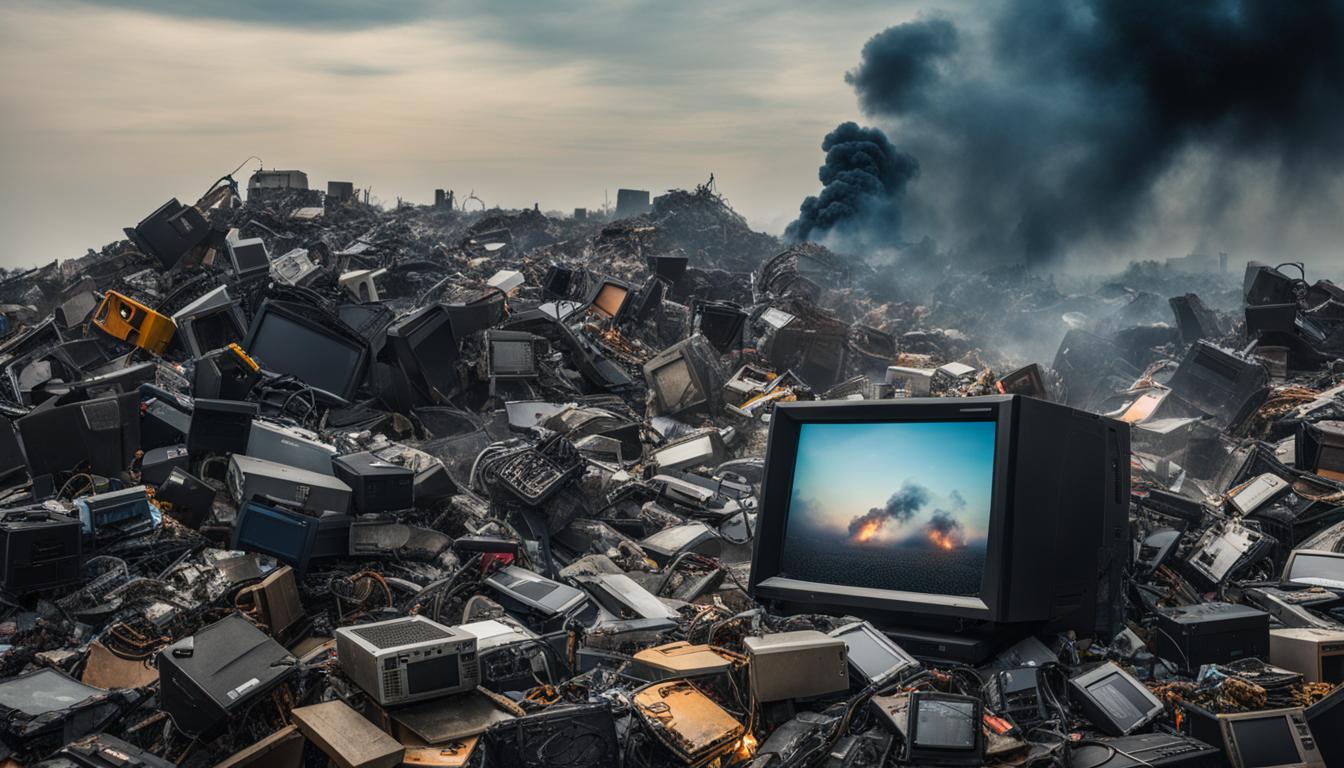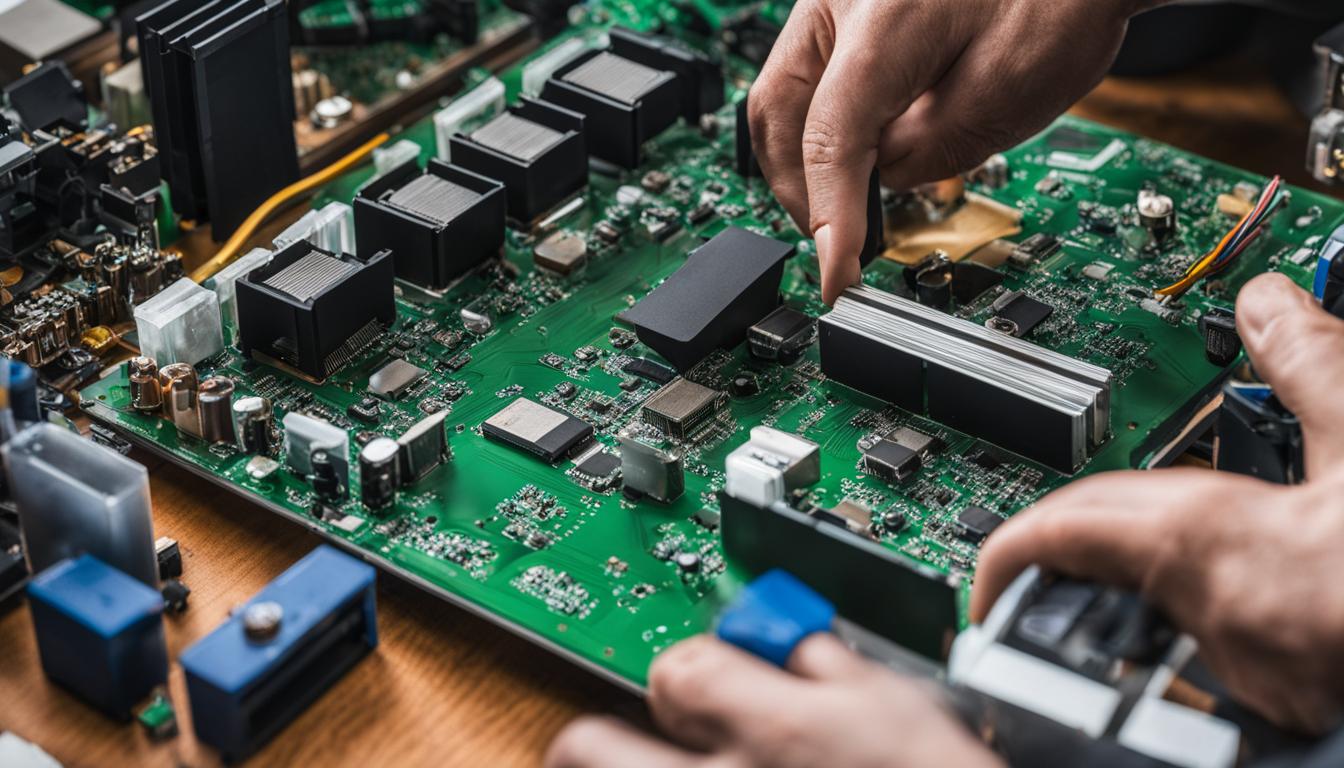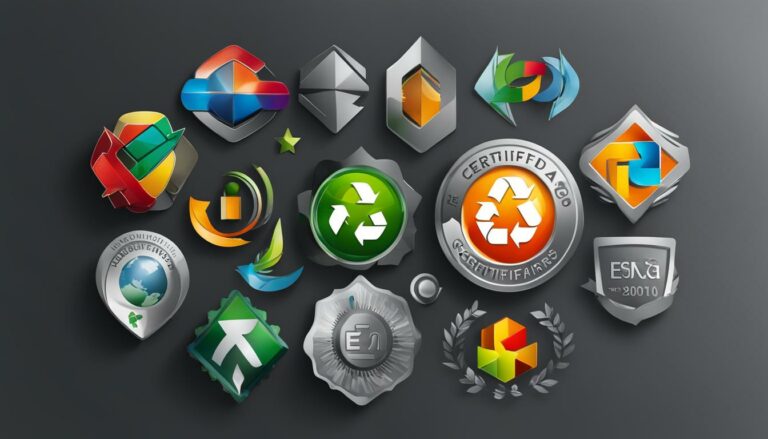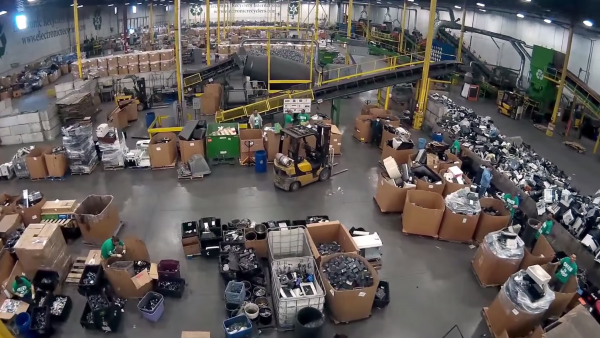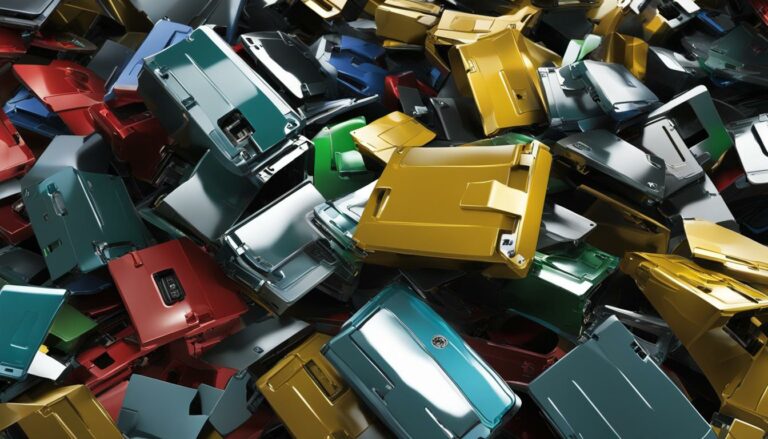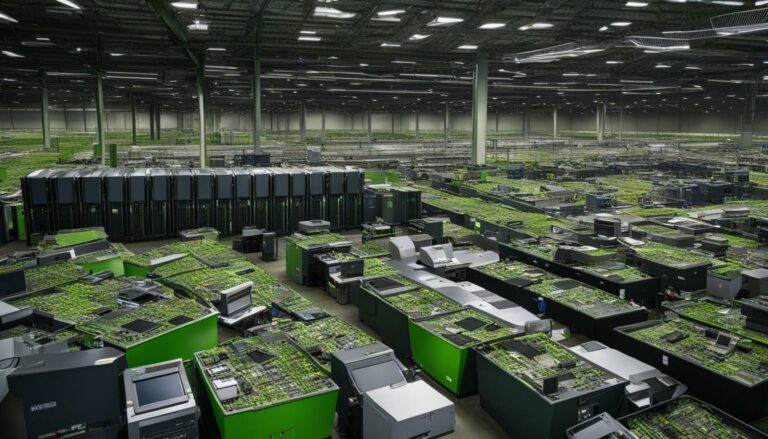Why Recycle? The Environmental Impact of E-waste.
E-Waste Recycling: Preserving Our Environment for a Sustainable Future
In today’s technology-driven world, the relentless pace of innovation brings forth a constant stream of new electronic devices. While these gadgets enhance our lives in countless ways, they also contribute to a growing environmental concern: electronic waste, or e-waste. As the volume of discarded electronics continues to surge, it’s imperative that we address the environmental impact of this electronic waste to ensure a sustainable future.
E-waste recycling has emerged as a beacon of hope in this era of technological advancement. This practice, which involves the responsible and environmentally-friendly management of discarded electronic devices, plays a pivotal role in mitigating the detrimental effects of e-waste on our planet. It not only reduces pollution and conserves valuable resources but also aligns seamlessly with broader sustainable development goals.
In this article, we delve deep into the world of e-waste recycling, exploring its importance, environmental consequences, health risks, and the many benefits it brings. We’ll also showcase successful e-waste recycling programs and innovative solutions that are shaping the future of electronic waste management. Join us on this journey as we uncover the critical role of e-waste recycling in preserving our environment and paving the way for a more sustainable future.
By understanding the urgency and importance of e-waste recycling, we can take collective action to mitigate its environmental impact. For more in-depth statistics and information, you can read this article.
Environmental Consequences of E-Waste
Pollution of Air, Water, and Soil
The improper disposal of e-waste has far-reaching consequences on the environment. When electronic waste is dumped in landfills or burned in open areas, it releases harmful chemicals into the air, contributing to air pollution. These chemicals can also leach into the soil and water supply, causing long-term contamination that is difficult to reverse.
Impact on Wildlife and Ecosystems
The toxic substances released from e-waste not only affect human health but also have a devastating impact on wildlife and ecosystems. Animals may ingest these harmful substances, leading to a chain reaction that affects the entire food web. Moreover, the chemicals can disrupt the natural balance of ecosystems, causing irreversible damage.
For more information on the environmental impact of e-waste, you can read this article: The Growing Environmental Risks of E-Waste – Geneva Environment Network.
Health Risks Associated with E-Waste
Exposure to Toxic Substances
One of the most concerning aspects of e-waste is the exposure to toxic substances. Electronic devices often contain hazardous materials like lead, mercury, and cadmium. When e-waste is improperly disposed of, these toxic substances can leach into the environment, contaminating air, water, and soil. This poses a direct threat to human health, as exposure to these substances can lead to a range of health issues.
Long-Term Health Implications for Humans
The health risks associated with e-waste exposure are not just immediate but can also have long-term implications. Studies have shown that exposure to e-waste can lead to various health problems such as lung cancer, reproductive issues, and damage to the nervous system. Moreover, there is a growing concern about the impact of e-waste on children, including developmental disorders and behavioral issues.
For more information on the health risks associated with e-waste, you can read this article: Soaring e-waste affects the health of millions of children, WHO warns.
Understanding the health risks associated with e-waste underscores the importance of e-waste recycling as a preventive measure. By properly recycling e-waste, we can minimize the exposure to toxic substances and mitigate the long-term health risks.
The Benefits of E-Waste Recycling
Conservation of Natural Resources
One of the most significant advantages of electronic waste recycling is the conservation of precious natural resources. Electronic devices contain a variety of valuable materials, including metals like gold, silver, copper, and rare earth elements. When e-waste is recycled, these materials can be extracted and reused in the manufacturing of new electronic products, reducing the need for mining and resource extraction.
By recycling e-waste, we can help preserve our planet’s finite resources and reduce the environmental impact of resource extraction, which often involves destructive mining practices.
Reduction in Pollution
E-waste recycling plays a crucial role in reducing pollution on multiple fronts. When electronic devices are disposed of improperly, they can release toxic substances into the environment, contaminating air, water, and soil. These pollutants pose serious health risks to both humans and wildlife.
By recycling e-waste through environmentally responsible processes, we can prevent these toxins from entering our ecosystem. Proper recycling ensures that hazardous materials are safely and securely disposed of or treated, preventing further pollution and protecting our environment.
Energy Savings
Another compelling benefit of e-waste recycling is energy savings. It takes a considerable amount of energy to extract and process raw materials for the production of new electronic devices. However, recycling e-waste consumes significantly less energy since the materials are already in a refined form.
By recycling e-waste and reusing its components, we reduce the demand for energy-intensive mining and manufacturing processes. This not only conserves energy but also reduces greenhouse gas emissions associated with these activities, contributing to a more sustainable future.
The benefits of e-waste recycling extend beyond environmental conservation; they encompass economic advantages, job creation, and the promotion of responsible consumer behavior. By recognizing these benefits, individuals, businesses, and governments can take meaningful steps toward a more sustainable and eco-friendly approach to electronic waste management.
Case Studies: Successful E-Waste Recycling Programs
Examples of Countries or Organizations Doing It Right
1. Sweden’s E-Waste Management
Sweden has been a trailblazer in e-waste recycling. They have achieved a recycling rate of over 99% for electronic waste. How did they do it? Sweden implemented a comprehensive and efficient recycling infrastructure that includes collection centers, recycling facilities, and strict regulations. The country’s “producer responsibility” approach ensures that manufacturers are responsible for the entire life cycle of their products, from production to recycling.
2. Japan’s Advanced E-Waste Recycling
Japan boasts advanced e-waste recycling programs. They have embraced cutting-edge technologies like urban mining, where valuable metals are extracted from discarded electronics. Japan’s success lies in a combination of advanced recycling techniques, strict regulations, and public awareness campaigns.
3. Dell’s Closed-Loop Recycling
In the corporate sector, Dell has been a pioneer in implementing closed-loop recycling. They collect old electronics, including their own products, and extract valuable materials to manufacture new devices. Dell’s commitment to sustainability not only reduces their environmental footprint but also serves as a model for other companies.
Lessons Learned
These success stories offer valuable lessons for effective e-waste recycling programs:
- Comprehensive Infrastructure: Developing a robust infrastructure, including collection points, recycling facilities, and regulations, is crucial for success.
- Producer Responsibility: Shifting responsibility to manufacturers for recycling their products encourages sustainable design and responsible disposal.
- Technological Innovation: Embracing innovative technologies can improve recycling efficiency and maximize resource recovery.
- Public Awareness: Raising awareness among the public about the importance of e-waste recycling fosters participation and responsible consumer behavior.
By studying these examples and the lessons they provide, other countries, organizations, and individuals can gain insights into creating effective e-waste recycling programs.
Conclusion: The Crucial Role of E-Waste Recycling in Preserving Our Environment
The journey through the environmental impact of e-waste has unveiled the urgent need for responsible and sustainable practices. E-waste, with its toxic components and vast quantities, poses a significant threat to our planet’s well-being. However, the solution is not elusive.
E-waste recycling stands as a beacon of hope in this scenario. It signifies more than just a practical choice; it embodies our commitment to environmental preservation. By embracing e-waste recycling, we embark on a path that mitigates the detrimental effects of discarded electronics, conserves valuable resources, and reduces pollution.
This journey aligns perfectly with the broader objectives of sustainable development. E-waste recycling contributes to responsible waste management, which, in turn, advances environmental conservation and fosters economic sustainability. The positive ripple effects extend beyond the immediate benefits to create a better world for future generations.
Despite the challenges that e-waste recycling faces, from data security concerns to the lack of standardization, there is promise on the horizon. Innovative solutions, such as secure data wiping techniques, blockchain for traceability, and the integration of robotics in recycling processes, are emerging as beacons of progress.
In conclusion, the role of e-waste recycling is pivotal. It bridges the gap between our technology-driven lives and our responsibility towards the environment. It calls us to action, urging individuals, businesses, and governments to collaborate in making e-waste recycling a cornerstone of our collective journey towards a sustainable and greener world.



